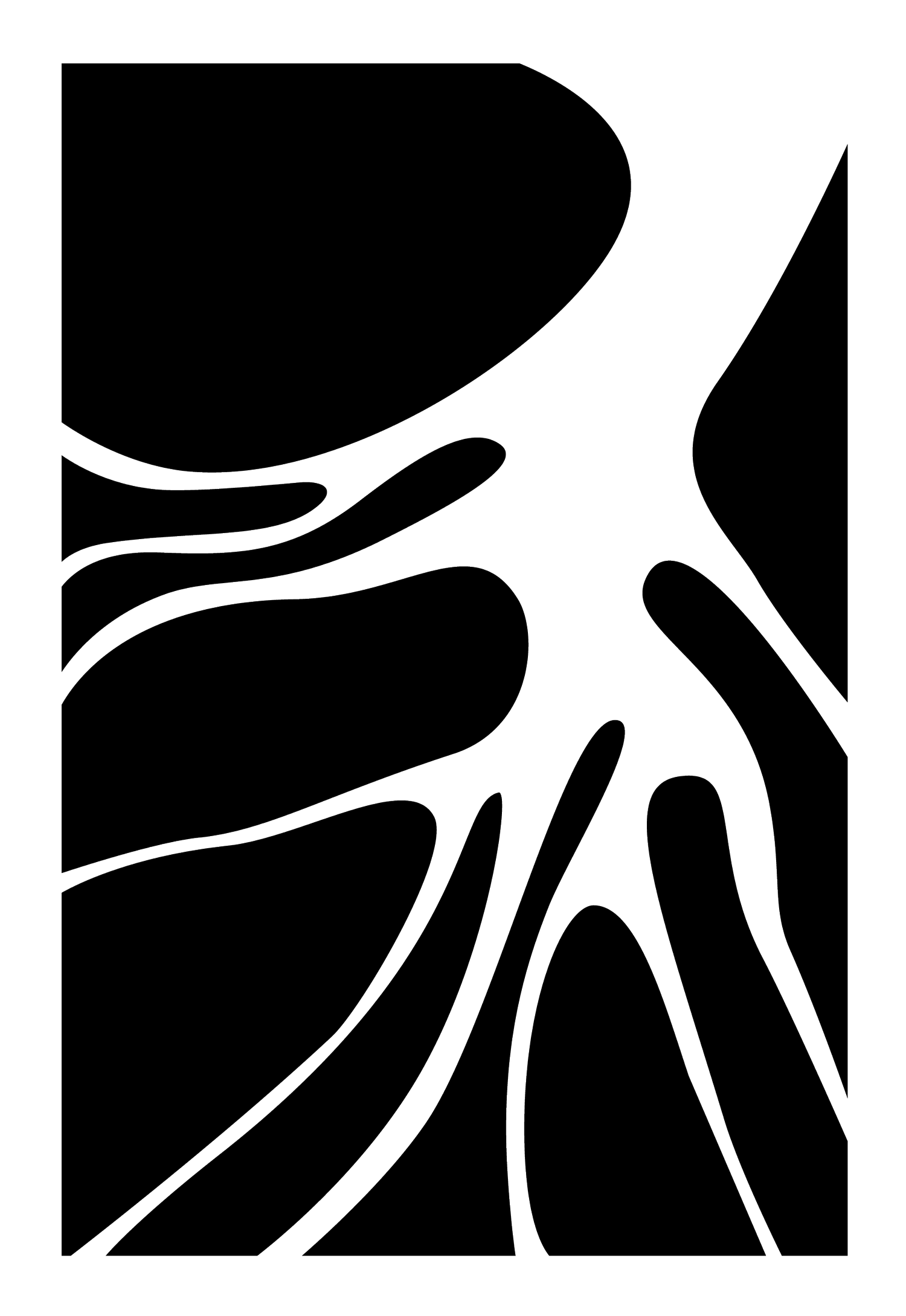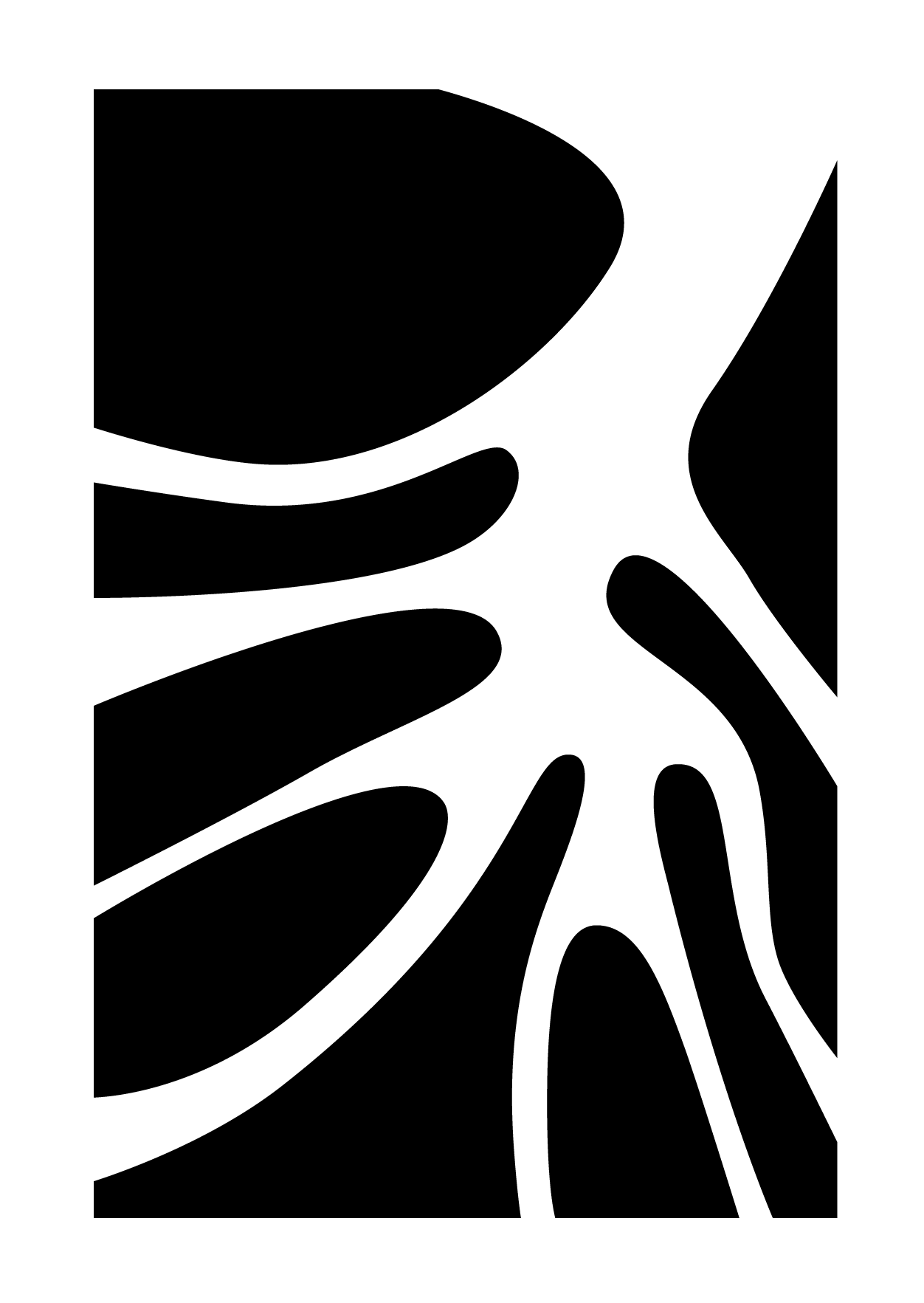Bricolage
by Richard Stimac
At the dead end of Grand Avenue, where the National Steel railyards begin, and the abandoned Commonwealth’s walls of soot-stained glass collapse, the asphalt disappears beneath the canted doors of the empty street car shed, itself a toppled temple of some barbarous race who worshiped an even more brutish god. Behind this train barn, a mound of car batteries, three stories in height, gave perspective to this dismal sight. Children would climb to the top, play “king of the mountain,” push each other, sometimes head over heels, to the bible-black ash below. Years later, the state declared the battery lead leached into the drinking water.
Me and mom, we’d climb through the rusted chain link fence along the city park, really a strip of grass along the street. Beyond waited a relinquished military depot filled with Cold War consumer goods designated for a PX in some outpost, foreign or domestic. Someone must own this land, my mom said. This building, the bric-a-brac inside. Who? No one in the neighborhood knew and that not-knowing was good legal proof of absence of ownership.
She’d find things, my mom would. A box of bottle caps. A cairn of steel wheel rims. Unnamable knick-nicks. Beads. Rocks. Ribbons. Bows. We brought a brown paper grocery bag. Like errant knights, we quickly collected what we could of this hoard, lest we tarry, and the ghastly beast who roamed the aisles return and drag us, mother and son, to hell. This was high adventure for me.
For my mom, this was a maternal task. With this junk, she reconstructed our lives. Unbleached cardboard Orisha beaded masks. Ceramic shell mosaics of Proud Mary’s face as she held her son, the Savior, aloft. A twisted crown of bottlecaps and small-gauge wire. A bedazzled rock to place beside my bed. A cardstock cathedral with a rose window of broken glass. This art littered our tar-paper shot gun, each a fetish meant to stave the shame of being poor. We ate our meals on cracked plates painted with risen suns.
One day, a trash bag kite. Two balsa sticks tied in a cross, the bag, cut open, affixed in crucifixion, alit to the sky. The wind conspired and the kite, rose, rose like an infinite soul, the wound twine taut, slack, taut, slack, as if to mock my mother in her longing to ascend beyond her place, only to find the dirt under her fingernails, her feet swollen, her head rent asunder. Helpless, the kite crashed, over the fence, into a heap of boxes, wooden, a broken, board reaching upward to heaven like a sinner longing to escape the fiery pits of tar.
So much for the better, she said and let the string limp in her hand, then dropped it on the park grass. As we walked back home, I looked backwards, no divine warning against so, and saw the string, in the hands of the invisible wind, rouse, like a chthonic demon released from eons of imprisonment. Then, just as quickly, the cord died and wrapped itself among the leafless branches of a dying elm tree.
We walked back home, me and mom, across the tracks, down the alley, to mouth thanks for our daily bread, pray for grace and forgiveness, then to bed.
Richard Stimac published over thirty poems in Burningword, Faultline, Havik (2021 Best in Show for Poetry), Michigan Quarterly Review, Penumbra, Salmon Creek Journal, Wraparound South, and others, and an article on Willa Cather in The Midwest Quarterly.

